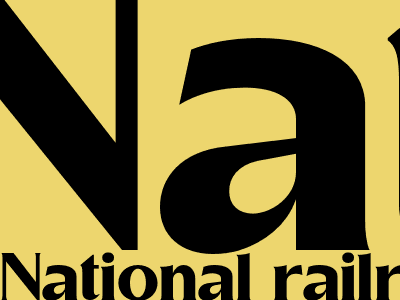
National Railroad Strikes Could Start Monday as ProRail Rejects Union's Wage Demands
Impact of a Potential Strike
A nationwide railroad strike could have significant consequences for the U.S. economy. The strike would disrupt the transportation of goods and services, leading to shortages and higher prices. It could also cause major delays for passengers traveling by train.
Key Issues in the Dispute
The primary issue in the dispute is wages. The union representing railroad workers is demanding a 12% wage increase, but ProRail has offered only 3.5%. The union also wants improved healthcare benefits and paid sick leave.
Negotiations and Mediation
Negotiations between the union and ProRail have been ongoing for months, but no agreement has been reached. A federal mediator has been involved in the talks, but has been unsuccessful in helping the parties come to an agreement.
Potential Impact on the Economy
A railroad strike would have a significant impact on the U.S. economy. The strike would disrupt the transportation of goods and services, leading to shortages and higher prices. It could also cause major delays for passengers traveling by train.
Contingency Plans
ProRail and the union are both developing contingency plans in case of a strike. ProRail is stockpiling goods and materials, and it is also working to reroute traffic to other modes of transportation. The union is preparing for a possible strike by organizing rallies and protests.
Next Steps
The next step in the process is for the union to decide whether to call a strike. The union has not yet set a deadline for a strike, but it is expected to make a decision soon.